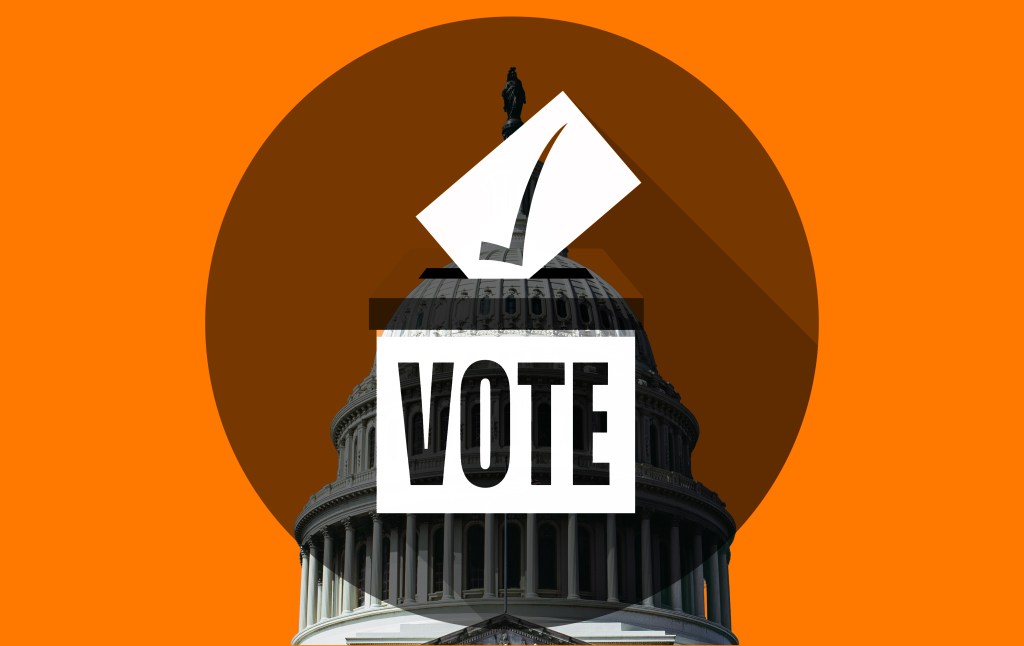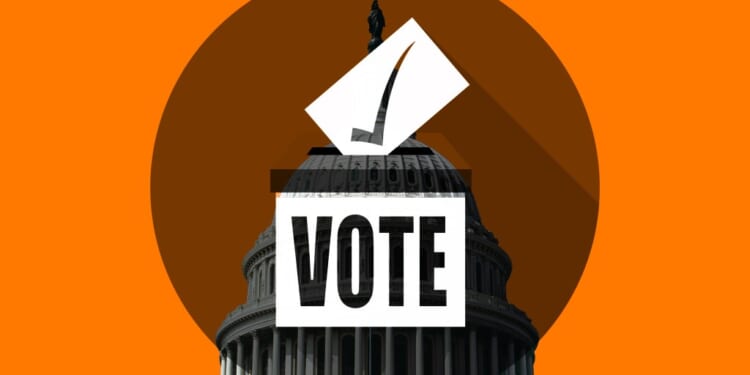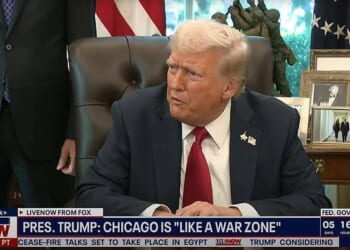
Many of our elected officials appear to be ideologically extreme, incompetent, corrupt, power-hungry, out of touch, or all of the above. As a result, our government is often dysfunctional—see the latest government shutdown, the longest in history—and our public policies are often incongruent with public opinion. To address these concerns, many reformers have championed term limits to legally prevent incumbents from seeking reelection.
As tempting as this proposal may initially seem, it faces several problems. First, there is little reason to think that the new candidates replacing the term-limited incumbents would be any better. If there are better alternatives, voters can replace incumbents without term limits—by voting them out of office. And our already-bad incumbents would likely be even worse if they were no longer motivated to win reelection. We should want voters to select their politicians, and we should want those politicians to work hard to earn back their seats. Therefore, term limits are likely bad for both electoral accountability and public policy.
“We should want voters to select their politicians, and we should want those politicians to work hard to earn back their seats. Therefore, term limits are likely bad for both electoral accountability and public policy.”
Anthony Fowler
“Even once-radical critics of the federal government tend to go native and become defenders and champions of programs they once vilified. The longer they remain in office, the more likely they are to become dedicated and powerful defenders of such programs.”
Doug Bandow
Elections in a democracy serve at least two important functions. First, they allow voters to elect the politicians they believe will do the best job. Second, they incentivize politicians to work hard, implement good policies, and avoid corruption in order to win reelection. Term limits undercut both of these functions. They prevent voters from reelecting experienced candidates that they like and believe will do the best job, and they reduce the incentives of politicians to work hard and please voters.
Consider the following analogies from professional baseball. Would Major League Baseball be better or worse next year if it enforced an eight-season limit and Shohei Ohtani were no longer allowed to play? Almost surely, the answer is worse. He’s one of the best players in the game’s history, people enjoy watching him, and Major League Baseball succeeds when it features its best athletes.
Furthermore, would Ohtani have played better or worse this season if he were barred from playing in the major leagues next season? The answer depends on whether Ohtani is intrinsically motivated to play well or whether he is also motivated by the prospect of future titles, accolades, and money. But if we had to venture a guess, a term-limited Ohtani might practice less, work out less, and spend more time negotiating his future contract in another league. Sports fans who want to see great athletic performances would never support term limits for players, so why would voters who care about democracy and public policy support term limits for politicians?
Empirical evidence from U.S. state legislatures largely supports this perspective. Term-limited legislators are absent for more votes, less productive on committees, and sponsor fewer bills than equally experienced lawmakers with no term limits. When states implement term limits for their state legislatures, they typically experience increases in polarization and decreases in economic productivity.
Similar trends can be observed across other state-level positions. Holding constant experience, term-limited governors appear to produce less economic growth than reelection-eligible governors. Meanwhile, holding constant term limits, experienced governors (who have won more elections) tend to produce more economic growth than less experienced governors.
There are no term limits in Congress, but evidence suggests we might see similar effects. For example, new members of Congress are, on average, even more extreme than the outgoing politicians they replace. So there is little reason to think that congressional term limits would improve the quality of our national legislators or reduce the already high levels of polarization and dysfunction in the Capitol.
Perhaps the best arguments in favor of term limits would be to flip the arguments above on their head. What if voters don’t know what’s best for them, or what if there are perverse electoral incentives that lead politicians to be worse policymakers than they would be if left to their own devices? Perhaps we should implement term limits to save voters from themselves. But in addition to being elitist and anti-democratic, the argument that voters don’t know what’s best for them is largely inconsistent with the empirical evidence. Despite prominent claims to the contrary, American voters are not particularly incompetent, partisan, or extreme. Furthermore, if someone genuinely believes that voters can’t be trusted to elect their politicians, why would they support democratic elections with term limits? Presumably, they would want to abandon democracy altogether.
The argument about perverse electoral incentives is potentially more convincing. Even if voters are rational, reelection incentives might have undesirable, unintended consequences. For example, imagine that some efforts of politicians are highly visible (e.g., helping constituents get their Social Security checks) and others are less visible (e.g., reducing the federal deficit). Reelection-motivated politicians might spend most of their time on the observable activities, even if voters care more about the unobservable activities. But the question remains: Would term-limited politicians left to their own devices focus on the important but less observable activities, or would they simply spend more time slacking off or enriching themselves? Studies of lame-duck and retiring politicians suggest we should expect more of the latter.
Another argument is that our current political institutions are so broken that voters have no choice but to reelect their incumbents, even though they know they’re doing a bad job. Consider, for example, a corrupt legislator who chairs an important committee and delivers lots of pork-barrel spending for their constituents. The voters might not like the arrangement, but given the broken system, they prefer to reelect their incumbent and reap more benefits for themselves. Term limits, the argument goes, would tie the hands of these constituents and remove corrupt incumbents from office.
But term limits would do little to fix the institutional disrepair at the heart of the problem. For that, we’d likely want to look to other potential reforms. For example, we might cap the length of time that the same legislator can serve as a committee chair or party leader. We could also revise the legislative process to take power away from senior members or party leaders, allowing any representative to propose amendments to legislation.
Other proposed solutions center on reforming elections themselves. For example, we could induce better candidates to run for office by making it easier for candidates outside the party establishments to get on the ballot (e.g., relaxing the signature requirements for new candidates). Another promising proposal is adopting a system known as Condorcet voting, in which voters rank their preferred candidates, and the winner must beat every alternative in a head-to-head matchup. This method would make it more likely that the candidate most preferred by voters wins, mitigate problems whereby similar candidates cancel out each other’s votes, and solve coordination problems whereby people are afraid to vote for independent candidates because they don’t want to waste their votes.
The supporters of term limits are motivated by real problems. Too many of our politicians are extreme, incompetent, and corrupt. Unfortunately, term limits don’t solve these problems. More than that, they reduce the incentives of politicians to work hard and deprive voters of the opportunity to reelect lawmakers who have earned their support. If we believe in democracy, we should oppose term limits and trust voters to select their representatives.

















